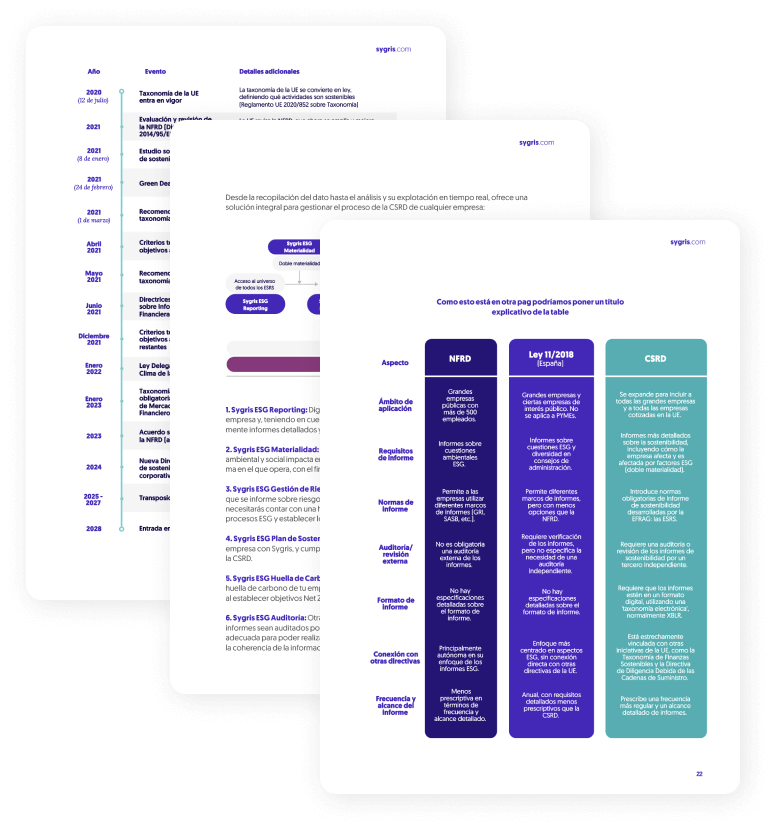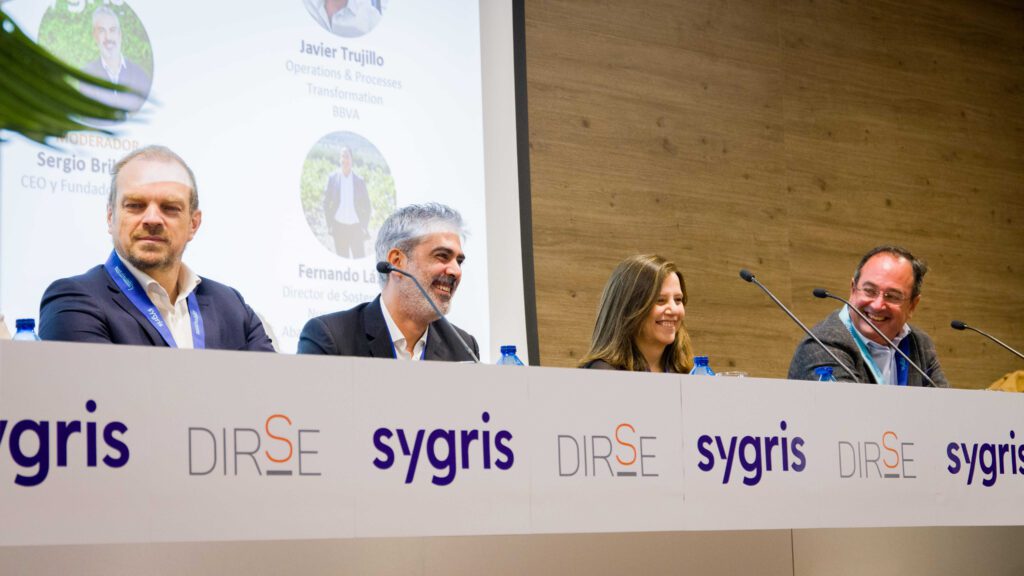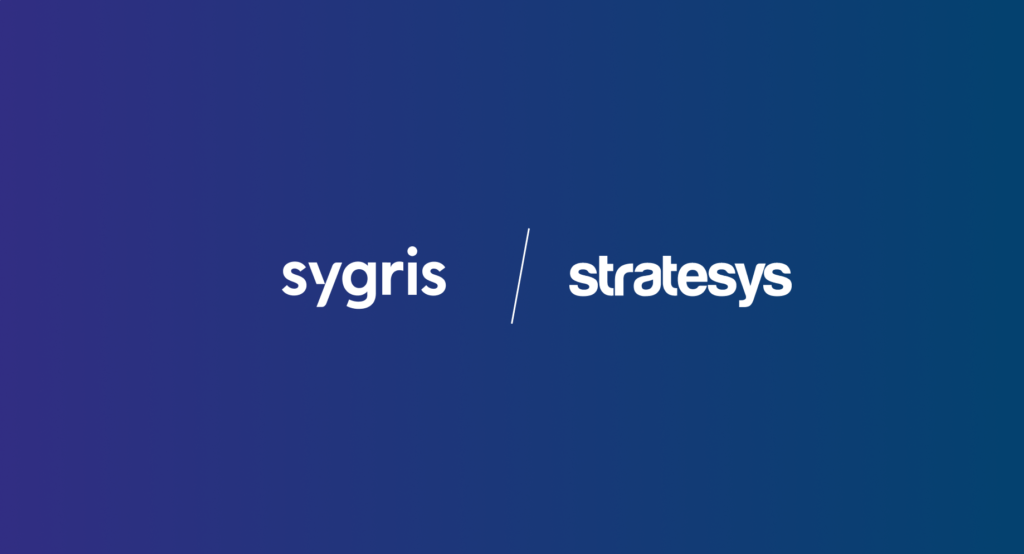Escucha esta noticia
On 28th November, the EFRAG conference, “European Corporate Reporting, Two Pillars for Success,” took place at the Brussels Hotel, where sustainability and regulatory experts shared their insights on the challenges in sustainability reporting, new financial disclosures, and recent trends to connect both areas. These elements not only outline current expectations but also set a clear path towards a more integrated and sustainable approach in the business world.
Below, we explore each of these aspects in detail, ranging from the integration of financial and sustainability information to technological developments in reporting standards.
- Integration of financial and sustainability information: In an effort to provide a more comprehensive view of companies’ overall performance, the importance of integrating financial information with sustainability aspects was emphasised. This approach seeks not only to meet ever-changing regulatory requirements but also to give investors and stakeholders a more holistic understanding of a company’s health and direction.
- Social impact and shift in mindset: The conference acknowledged the essential role that the financial system and corporations play in achieving social goals and transforming mindsets in both the business world and society at large. Beyond mere profitability, companies’ responsibility to contribute positively to the social environment and drive cultural change towards more sustainable and ethical practices was highlighted.
- Urgent action in sustainable investments: The need to support the financial sector in channelling resources towards sustainable investments was identified as a critical point. This approach not only guarantees market stability but also strengthens investor confidence by aligning financial interests with long-term sustainability goals.
- Establishing new reporting standards: The European Financial Reporting Advisory Group (EFRAG) is emerging as a key player in the development and establishment of new sustainability reporting standards. EFRAG’s prominent role is shaping the future of corporate reporting, creating a framework that not only meets current regulations but also anticipates emerging trends in information disclosure.
- Complexity of Transitioning to Sustainability in Companies: Acknowledging the complexity and financial challenges associated with transitioning to more sustainable practices is essential. Companies are faced with the task of navigating uncharted territory, tackling challenges that range from transforming internal processes to managing the risks associated with climate change and sustainability metrics.
- Improving Transparency and Consistency: The conference placed strong emphasis on improving transparency and consistency in corporate reports, particularly in the context of climate risks and sustainability metrics. This approach not only responds to the growing demand for clear and reliable information but also strengthens companies’ ability to proactively address current and future challenges.
- Implementation Challenges: The implementation of new reporting standards presents a significant challenge. Adapting internal information systems, training staff in new sustainability reporting methodologies, and maintaining the relevance and accuracy of information in an ever-evolving regulatory environment are crucial tasks. The particular difficulty for smaller and medium-sized companies to meet these standards due to limited resources was also recognised.
- Interoperability Maps between GRI, ESRS, TNFD, and ISSB: In an effort to avoid duplicating efforts and to align ESRS reporting with IFRS standards, interoperability maps are being developed. These maps illustrate the correspondence between concepts and disclosures in the GRI, ESRS, TNFD, and ISSB frameworks, providing a key guide for the harmonisation of reports and the adoption of shared standards.
8. Development of iXBRL Taxonomy for ESRS: A significant advancement in digital reporting is the completion of the iXBRL taxonomy draft for the ESRS. This initiative, by translating the human-readable standard into digital data point definitions, represents a crucial step towards making reports more accessible and manageable in digital format. This development aims to facilitate a smoother transition to electronic reporting and improve the efficiency and accuracy of disclosure processes.
In conclusion, the conference clearly outlined a path towards transforming corporate reporting practices, highlighting the need for integration, social responsibility, rapid sustainable investments, robust reporting standards, and key technological developments. These elements not only reflect the current state of business evolution but also point towards a future where transparency, sustainability, and reporting efficiency become imperative for long-term corporate success.




